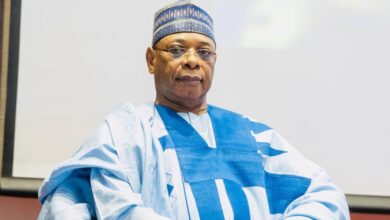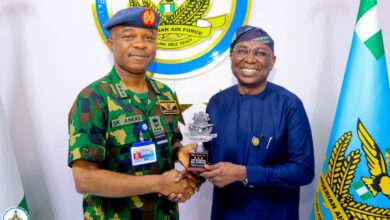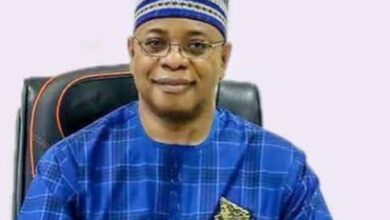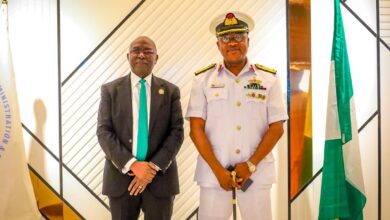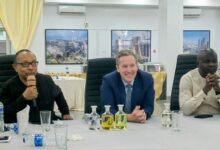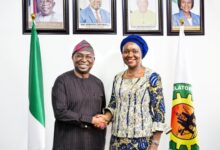Blue Economy Academy Launches ‘Code Blue’ to Address Nigeria’s ‘Ocean Blindness’, Ignite Maritime Awakening
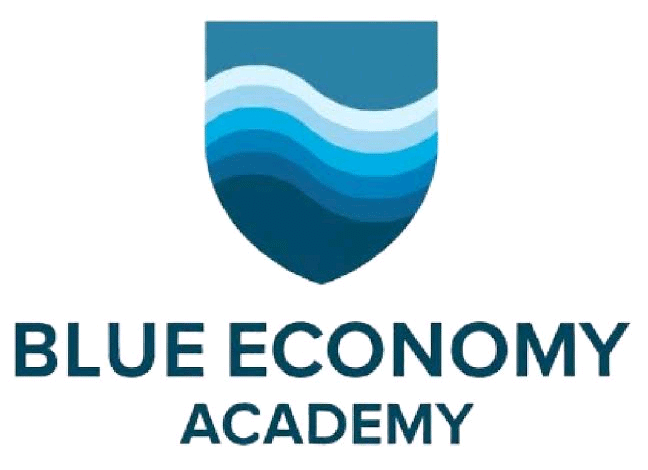
As part of a determined national awakening to Nigeria’s maritime potential, the Blue Economy Academy (BEA) has launched the maiden edition of Code Blue, a monthly ocean intelligence series aimed at tackling ‘ocean blindness’ in Nigeria.
Speaking during his welcome address at the inaugural edition of the virtual forum held via Zoom on Tuesday, July 29, 2025, the founder of the Academy, Mr. Ubong Essien, described Code Blue as an urgent intervention designed to combat ocean blindness — a widespread lack of awareness about Nigeria’s blue economy potential, even among policymakers and coastal communities.
“We have a coastline stretching 853 kilometers from Badagry to Bakassi, yet many Nigerians are completely detached from what that truly means. The Blue Economy Academy was created to correct that blindness and help us see the sea not as a mystery, but as a source of prosperity,” Essien stated.
He recounted his time as the former Special Adviser on Strategy and Communication to the immediate past Director-General of the Nigerian Maritime Adminstration and Safety Agency (NIMASA), affirming that his experience in the maritime sector inspired him to establish the Academy in 2024 as a neutral, non-academic, and solution-driven knowledge hub.
“We are not a university, not a regulator, not a marine agency, we are a lighthouse. Our role is to shine the light so others can navigate — whether policymakers, private sector players, or everyday Nigerians,” the founder explained.
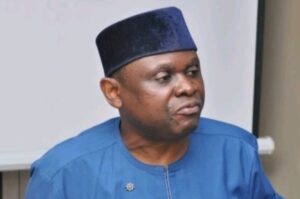
According to him, Code Blue will now serve as a monthly “pulse checker” and “early warning system” for Nigeria’s marine and blue economy sector. “In the medical world, a Code Blue means urgent attention is needed to save a life. For us, Cold Blue signals the urgency of resuscitating national attention to our waters and the opportunities they hold.”
Essien lamented the national fixation on oil and gas while neglecting the ocean economy, which he described as forever renewable and deeply interconnected with every other sector. “Our ethos is to see a Nigeria that prospers by its waters. The blue economy is not just for those who live along the coast, it affects everyone, from Kano to Calabar.”
He further clarified that the BEA is designed not just to inform, but to equip and empower Nigerians to actively engage with maritime opportunities, from fisheries to shipping to ocean-tech startups.
“We want people to leave our sessions not just enlightened, but capable of starting a blue enterprise or entering the value chain. We are focused on knowledge you can use,” he added.

While delivering a presentation titled “Blueprint to Reality: Mainstreaming Nigeria’s 10-year Marine and Blue Economy Policy for Action”, the Director-General of the Nigerian Chamber of Shipping, Mrs. Vivian Chemezie-Azubuike, noted that the policy overview of Nigeria’s Marine and Blue Economy Policy seeks to leverage the country’s marine resources for economic growth, job creation, environmental protection, and global competitiveness.
Chemezie-Azubuike stated that the policy emphasises sustainable development across key areas including maritime transport, fisheries, tourism, offshore energy, waste management, biotechnology, and climate resilience.
She highlighted the key pillars and practicable actions, including Marine Spatial Planning and Ocean Governance Blue, Marine Tourism and Coastal Economy, Energy and Marine Biotechnology, Fisheries and Aquaculture, as well as Maritime Transport and Port Development.
The DG also outlined the cross-cutting implementation needs, categorised by component, actionable step, and responsible entity as follows:
Legal and Regulatory Reform – Harmonize maritime-related laws into a single Blue Economy Act – National Association, FMOT, FMoJ.
Funding and Investment – Establish a Blue Economy Investment Fund (BEIF) with Sovereign Wealth support – Ministry of Finance, BOI, NEXIM.
Institutional Coordination – Create the National Blue Economy Implementation Council (NBEIC) – FMBBE, FMOT, NSC, NPA, Navy, Civil Society.
Capacity Building – Set up a Blue Economy Leadership Development Institute – NIMASA, World Maritime University, NGOs.
Data, Monitoring, and Evaluation – Launch a Marine Data Observatory System (MDOS) for policy tracking – NIMET, NIOMR, Ministry of Science and Technology.
Speaking further, Chemezie-Azubuike pointed out the suggested timelines and implementation phases:
0-6 Months: Establish the implementation council, align budget allocation, and pilot port digitisation.
6-18 Months: Begin tourism zones, blue energy pilots, fisheries reforms, and training programs.
18-36 Months: Roll out marine innovation hubs, enforcement of marine zoning, and EEZ governance framework.
She also emphasised opportunities for international collaboration, including:
IMO & WMU: Technical support on port state control and maritime education.
UNDP & GEF: Grants for costal climate adaptation and marine conservation.
USAID, EU Blue Growth Fund: Support for blue skills development and aquaculture.
Lloyd’s Register Foundation, FAO: Safety, innovation, and sustainability initiatives.
Regarding risks and mitigation strategies, she identified inter-agency duplication, lack of political will, and funding gaps.
Chemezie-Azubuike described inter-agency duplication as clear roles under an integrated institutional framework, while lack of political will can be addressed by institutionalising legislative backing and accountability mechanisms.
However, she addressed funding gaps by suggesting the use of blended financing (PPP, diaspora bonds, donor grants).
“Nigeria’s Marine and Blue Economy Policy is a strong foundational document. However, its success depends on clear institutional leadership, private sector participation, funding innovation, and capacity building.
“A results-based, inclusive, and data-driven execution framework — as proposed above — will ensure the policy becomes a transformational tool for national development, job creation, and environmental sustainability,” she added.
The Code Blue series will continue monthly, featuring insights from industry veterans, policy experts, and practitioners.


